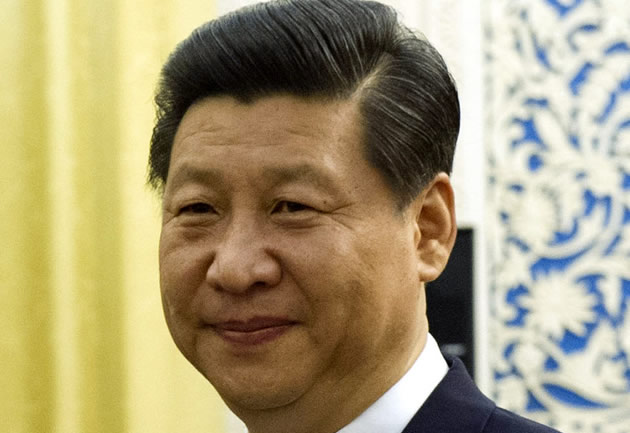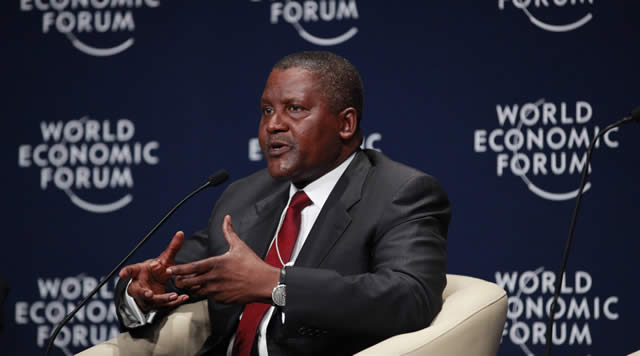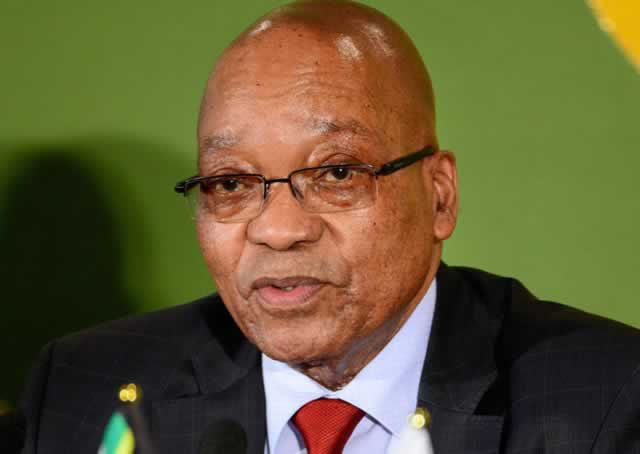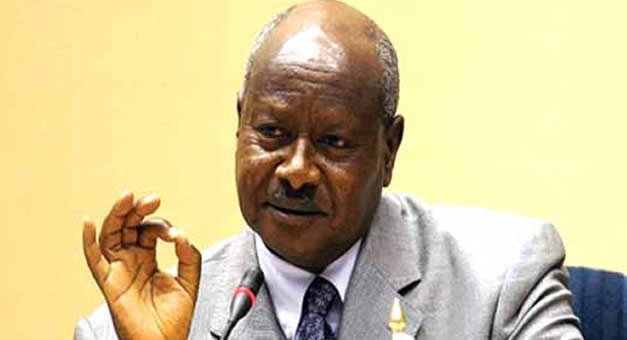Too much politics, too little time to deliver

Lloyd Gumbo Mr Speaker, Sir
All rational Zimbabweans are questioning the current infighting in the ruling party at the expense of economic development. It appears Zanu-PF has and will spend the majority of its five-year term fighting itself instead of fulfilling the electoral promises that saw it get the majority vote in 2013.
THE ruling party Zanu-PF is famous for its swiftness in dealing with political issues bedevilling it but of late has been accused, rightly or wrongly, of a tepid attitude towards addressing major developmental issues with far-reaching benefits to the generality of Zimbabwe.
Mr Speaker Sir, if the number of rallies, Press conferences, accusations and counter-accusations would bring food on the tables of the majority of Zimbabweans or water in their taps, let alone living wages, then Zimbabwe would be one of the most developed countries in the world.
In the face of a crippling El Nino-induced drought, where even traditional maize producing regions are unlikely to yield much, at a time the Zimbabwe Stock Exchange is trading at low levels that were last recorded at the introduction of the multi-currency regime in 2009, where civil servants bonuses are staggered and companies are closing, in the process sending thousands home, it is surprising that Zanu-PF finds it appropriate to behave like the opposition that has no mandate.
The ruling party has become an opposition to itself.
Mr Speaker Sir, it looks like the current five-year term will not do much to improve the livelihoods of Zimbabweans as the party has been preoccupied with internal political contest than addressing the economic issues affecting the country.
Zanu-PF only had about a year to focus on economic development after the 2013 polls, which saw it come up with a four-cluster all-encompassing blueprint, Zim-Asset that is crying for attention.
It did not take long before the same team that pushed Joice Mujuru and her cabal out turned against each other in a wildcat fight that is currently unfolding.
In between the fights, there are significant developments that were expected to unlock economic value of Zimbabwe at the international level, but party officials seem to be determined to mud the investment waters that President Mugabe has been at the forefront of advocating.
For instance, President Mugabe’s state visit to China in 2014, where mega-deals where signed between Zimbabwe and China, was one such significant development that was expected to bring development to this country.
His Chinese counterpart, President Xi Jinping was to reciprocate the visit when he came here in December last year as a follow up to those deals that were signed in 2014.
The quantum of the prospective Chinese investment was said to be around $4 billion, a figure which has been our national budget since dollarisation in 2009.
Various other delegations from African countries, Europe and Asia were to come to explore investment opportunities in Zimbabwe.
In 2014, Zimbabwe and Russia commissioned a $3 billion platinum project in Darwendale that was expected to stimulate growth in various sectors of the economy.
The deal was recorded as the biggest joint venture that Government has entered with a foreign investor in the history of independent Zimbabwe, with nearly a million ounces of platinum expected to be mined annually, which would in the process create thousands of jobs.
Africa’s richest man, Nigerian tycoon Aliko Dangote was also in Harare last year when he announced that he had already made his decision to invest in Zimbabwe.
His investment was expected to be over a billion of dollars as well given that he has interests in coal mining, cement manufacturing and power generation.
Mr Speaker Sir, Zimbabweans are wondering why the mega deals that have been reported for this long are yet to materialise on the ground.
They are also asking themselves where the 2,2 million jobs that the ruling party promised when it went to the polls in 2013 are.
If anything, they are counting the job losses that have been experienced due to company closures or as necessitated by the court ruling of last year.
Zimbabweans in general are confused about what tomorrow holds, which makes prospective investors even more confused.
No capital goes to a country where there is uncertainty about its future no matter how friendly a country can be.
The Chinese and the Russians, who are Zimbabwe’s friends, are cautious about this country, which is why they have not rushed to bring their money but seem to have adopted a wait-and-see attitude to see how the political game pans out.
It is against this background that all rational Zimbabweans are questioning the current infighting in the ruling party at the expense of economic development.
It appears Zanu-PF has and will spend the majority of its five-year term fighting itself instead of fulfilling the electoral promises that saw it get the majority vote in 2013.
For instance, the last quarter of 2014 went to politics, the whole of 2015, it was politics which has come into 2016.
It is definite that politics will continue into 2017, ahead of the 2018 polls where factional protagonists will be fighting to ensure that their candidates have a better chance ahead of primary elections.
Obviously in 2018 the heat would have been upped as the ruling party will start fighting for electoral space against opposition parties at the back of its failure to fulfil the majority of its promises from the 2013 harmonised polls.
That is how hectic these four years have been and meaning that there is absolutely no time for the ruling party to focus on bread and butter issues.
Yes, disaster emergencies may have been announced and food mobilisation on course but the real sustainable development will remain a pipe dream as long as the ruling party continues to prioritise internal politics than development.
What is clear is that these four years are going to waste with only the last half of 2013 and the half of 2014 having been dedicated to economic development.
Mr Speaker Sir, the electorate are not zombies who can just be expected to vote for Zanu-PF for the sake of voting when they feel that they are being taken for a ride by those they put into power.
Yes, people may attend rallies but that does not guarantee a vote.
Zanu-PF officials must stop this selfishness by relegating their differences to the dustbin and focus on development and fulfilling the electoral promises it made in 2013.
Mr Speaker Sir, what is clear is that the ruling party is focusing on politics with less than two years to the next polls, a dangerous gamble.
Given the change in political dynamics ahead of the 2018 polls, Zanu-PF must put its house in order if it harbours any ambition into the future unless it wants to go the Unip (Zambia), MCP (Malawi) or Kanu (Kenya) way.











Comments